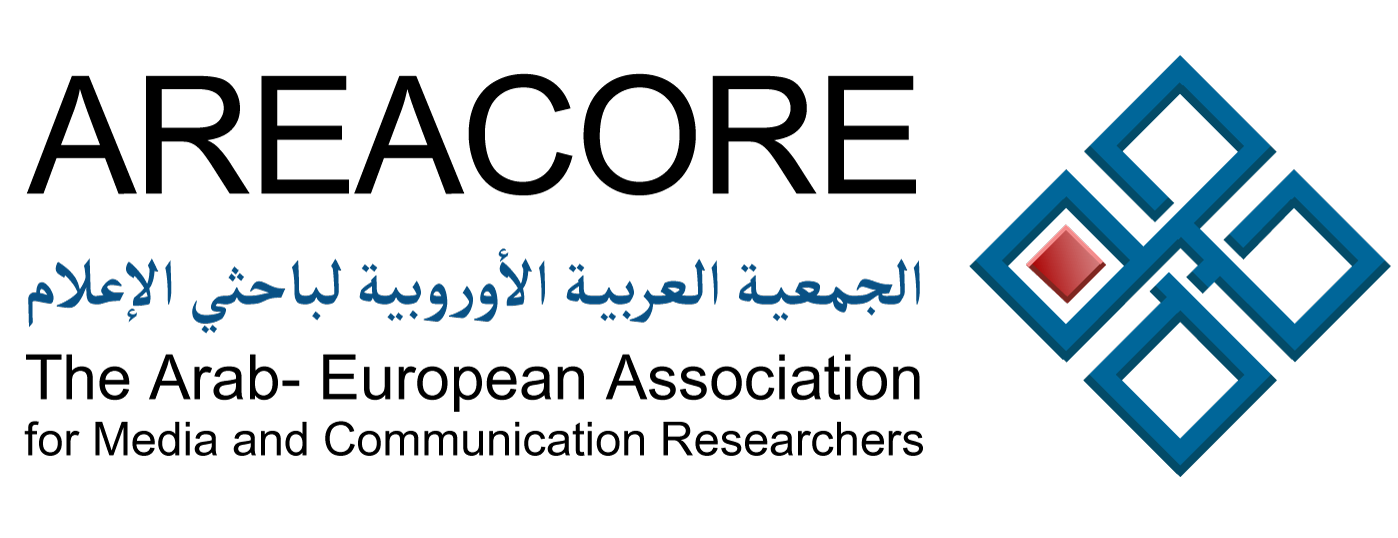Hungary. The country in central Europe known for relaxing holidays at Lake Balaton, its massive parliament building, and tasty goulash.
But there is more. Let’s have a look at the recent history. During the Cold War, Hungary was controlled by the Soviet Union. In 1989, the country became a democratic republic. And 15 years later, it joined the European Union.
Around that time – from a democratic point of view – Hungary was doing quite well. According to the Democracy Index, the country was on place 38. But in recent years, it dropped to rank 57.
At the same time, freedom of press was being restricted bit by bit.In the early 2000s, Hungarian journalists could work without limitations. According to the Press Freedom Index, Hungary was placed tenth. It took only 12 years for the country to drop dramatically to place 87.
So, what happened? Gradually, conservative and authoritarian-minded forces have taken over the media. In 2019, there is hardly a media outlet that is not controlled by the government. This process was significantly pushed by Prime Minister Victor Orbán, but it had started already before his election into office in 2010.
But this transformation did not go unnoticed by citizens. Out of the 9,7 million inhabitants, less than one third trust the news. That is one of the lowest scores in the world.
Let’s talk about this with Dóra Diseri, a Hungarian journalist based in Berlin. She works for n-ost, a journalist network and journalism agency focusing on Eastern Europe.
DÓRA DISERI:
“Local journalism almost died in Hungary. At the end of last year, this huge pro-government media foundation was established and almost all of the local daily newspapers were merged into this foundation.They are dominating the public discourse, they are dominating the rhetoric of the people, the agenda setting.
That’s why more and more people turn their back towards mainstream media. Hungary has one of the highest rates of social media usage within the EU.
DÓRA DISERI:
Also, the government is really dominant on social media sites. They have their tools, they have their power, and they have their people there playing the voice of the government through fake profiles on Facebook and Twitter and trying to push news, and trying to comment in a government-friendly way.
Last year, people felt they had enough. The government introduced a law that would make them work longer hours for the same money. So, they went out on the streets.
DÓRA DISERI:
The oppositional lawmakers tried to get into the building of the state media and tried to receive airtime for their demands. At first, it was really peaceful, but afterwards the guards came and forced some MPs to the ground and kicked them out of the building. This whole situation was live streamed by other MPs. They used their own social media channels to show their side of the protests. While this happened in the building, and while thousands were protesting outside of the building, the state media showed Christmas preparations. They created a parallel universe and completely ignored the events happening outside of the building.
Those who report about protests like this can face repressions by the government.
DÓRA DISERI:
They call independent journalists activists. This is the most discrediting thing you can do.
So, to sum up, one can say that the government created a media system for themselves, which makes it hard for the opposition to get their voices heard and keep democracy alive.
DÓRA DISERI:
The majority of the districts are still in the hands of the ruling party. And they can make it really hard for them to work.
It will be three years before the next elections. Will they bring change?
